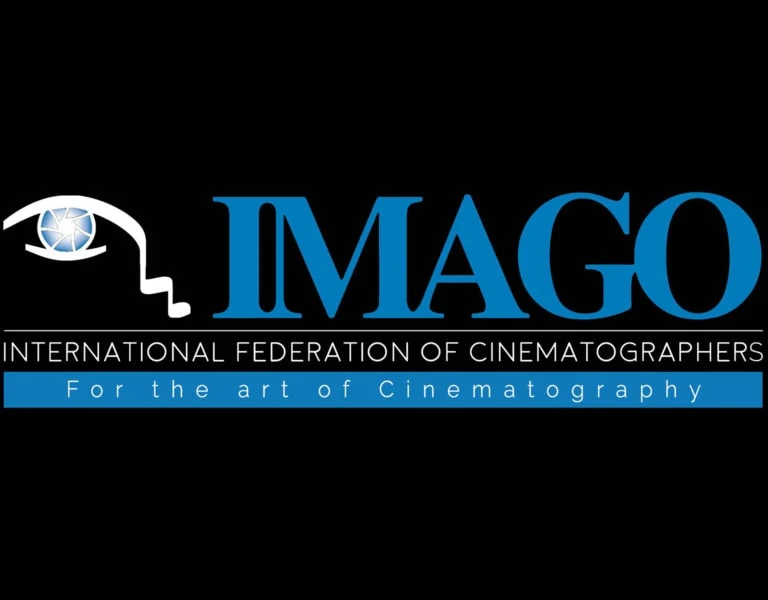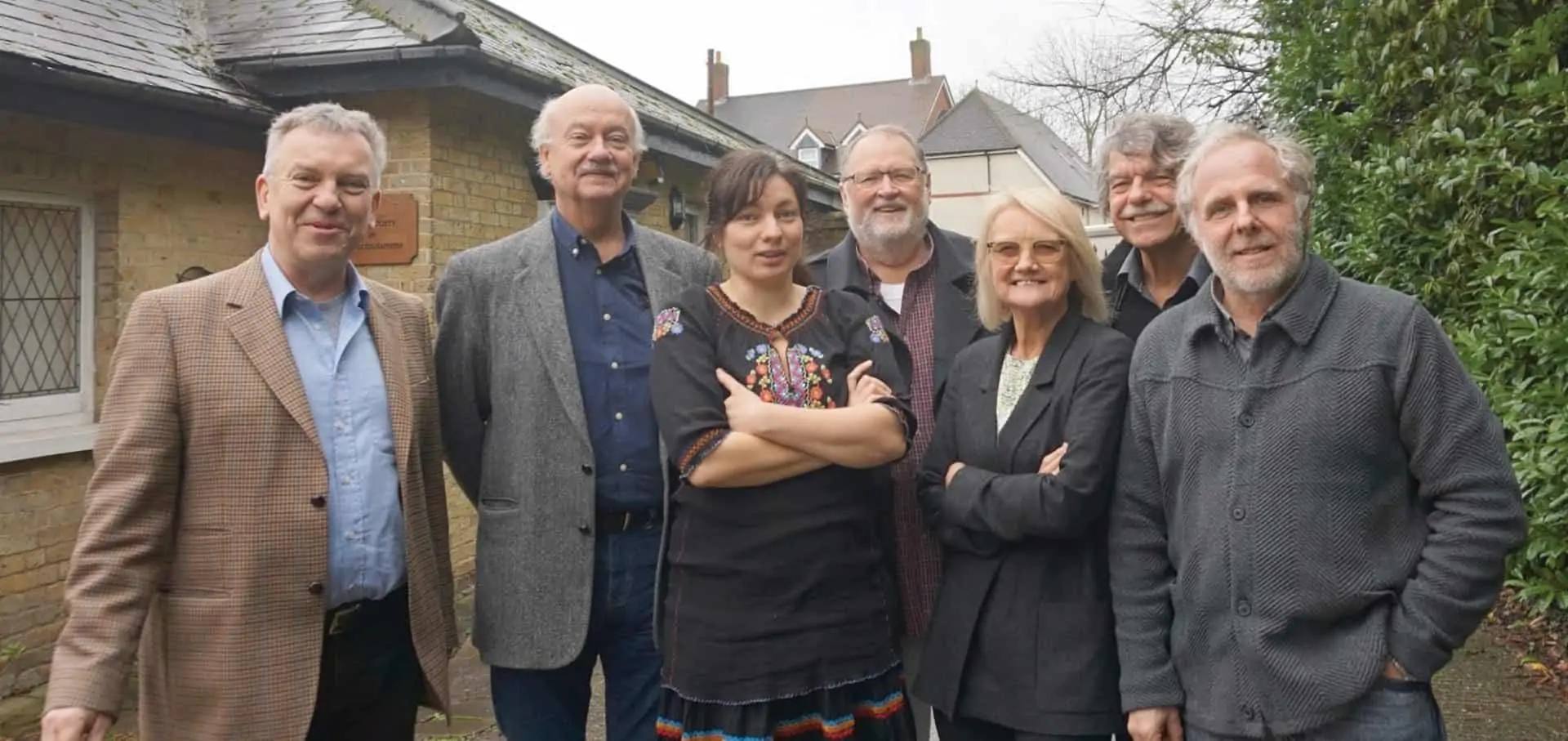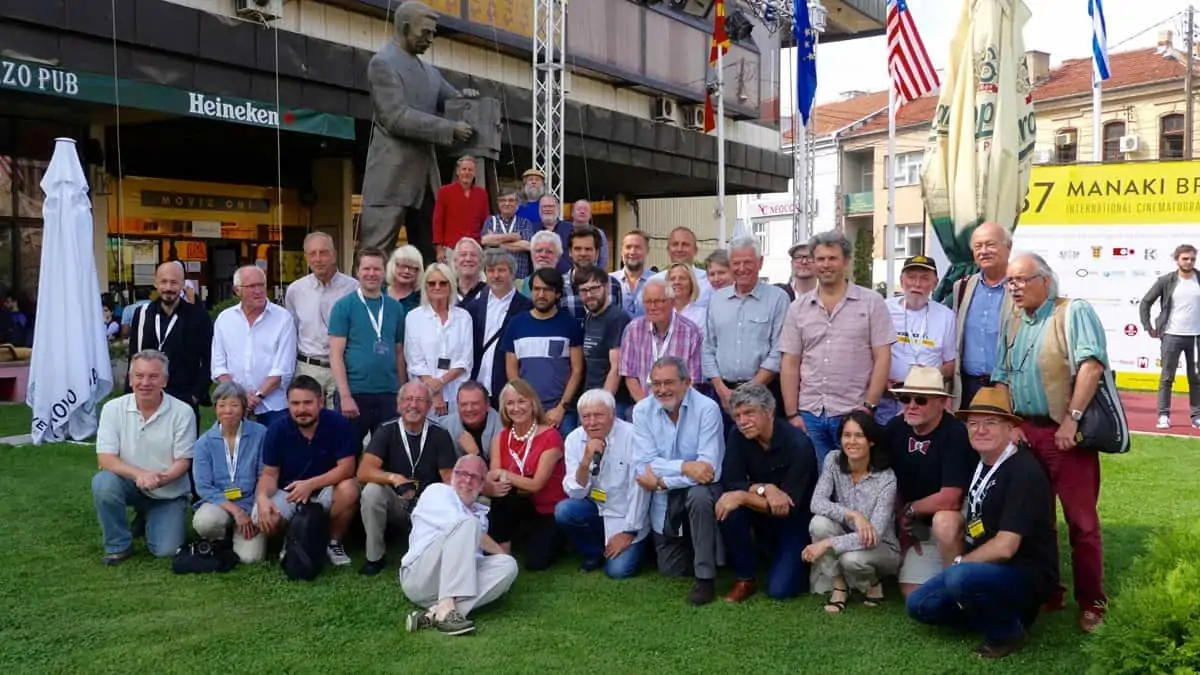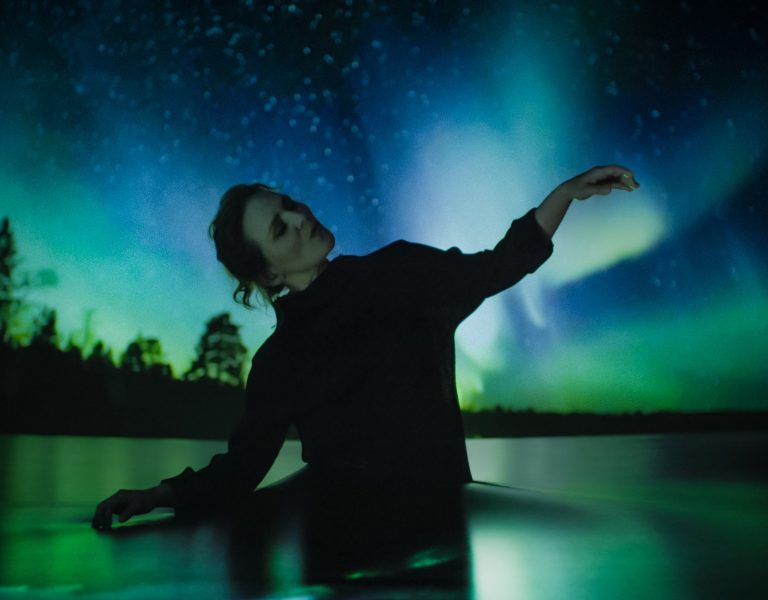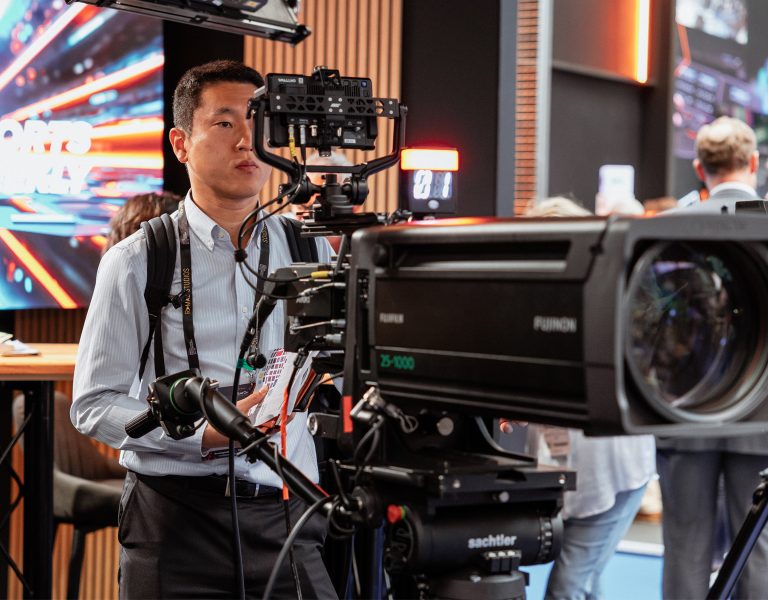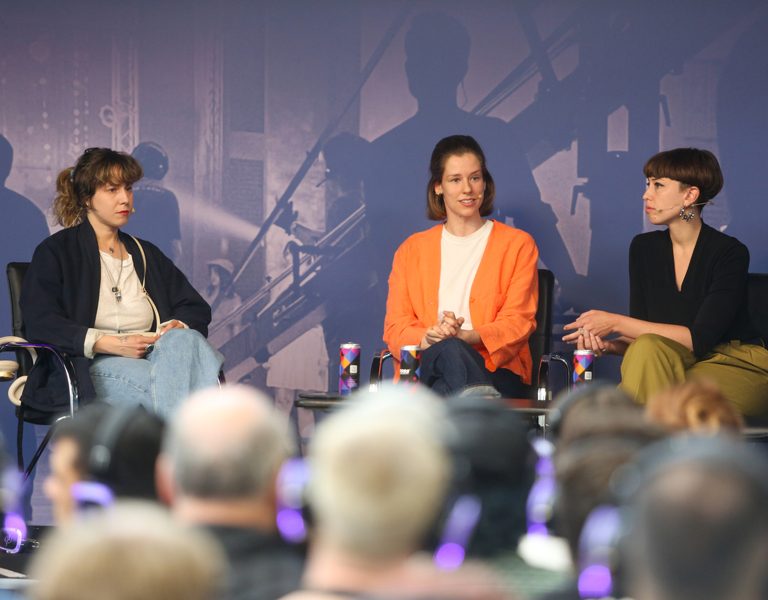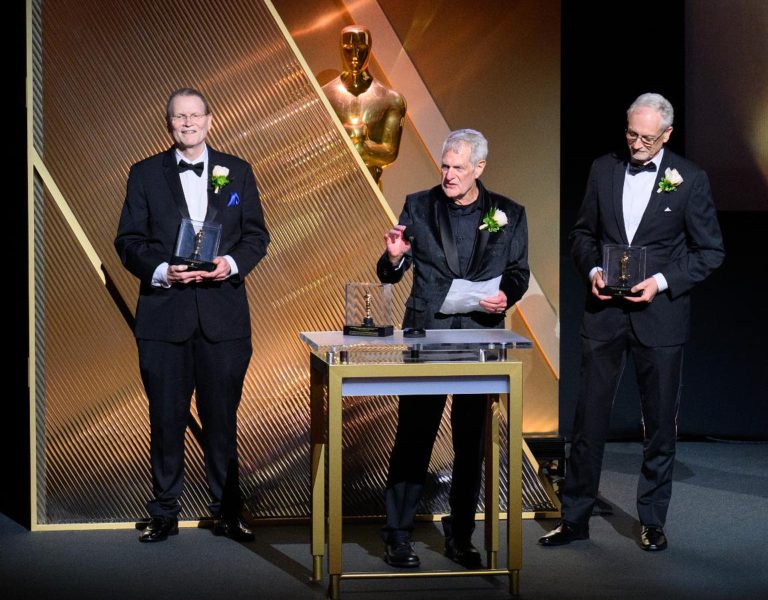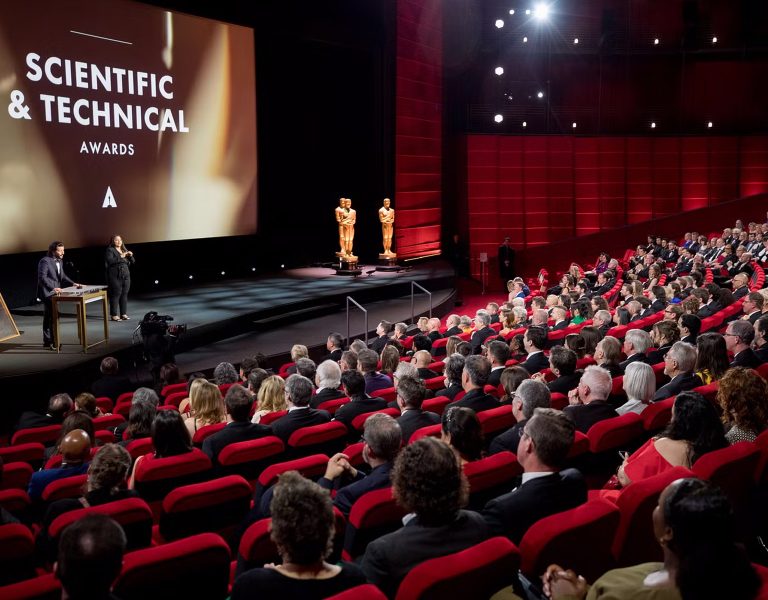Britain has decided to leave the EU. The decision has been received with bewilderment in many countries. But whatever happens from here on, the need to stand together in this world has never been more important.
Although the EU might be in a slight spot of trouble, IMAGO thrives and grows. Every year, new cinematographic societies around the world apply to join IMAGO, and they are, of course, more than welcome.
But then again, IMAGO is not based on the free flow of money, nor steel and coal. As for a free flow of workers across borders, the film industry has never seen this as a problem. Americans works in the United Kingdom, Norwegians work in Hungary, and we all work in Hollywood.
For IMAGO the main thing is to work to better the cinematographer’s situation, to share technical and artistic experiences, and to discuss topics of common interest across borders.
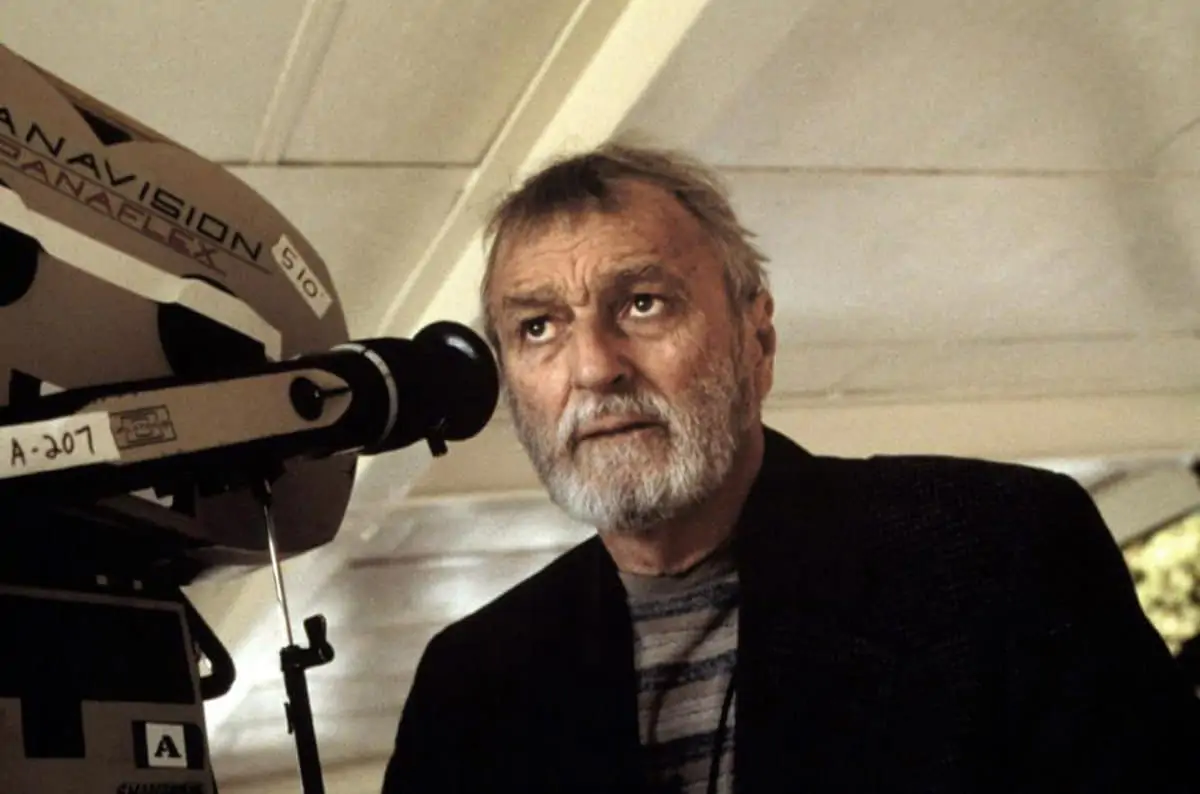
As outgoing ASC president Richard Crudo ASC wrote in the July issue of British Cinematographer Magazine (edition 76), one important topic of common interest is excessive working hours. Not only do 12-14 hour days, worked week after week, badly affect any family life, but also many people have been injured in accidents around the world, even killed – never mind how seriously this affects the quality of our work. Legendary cinematographer Conrad Hall ASC was one of the first who put this seriously on the agenda in 2002, referring to his own experiences on Road To Perdition.
Other important topics are discussing the fact that more and more often cinematographers are no longer part of the grading and/or DI process, or at least they are rarely being paid for this work. And, of course, we must also put on the agenda the frequent lack of cinematographers as consultants when our old and vast heritage of films are restored and digitised in film archives around the world.
IMAGO has just made an agreement with ACE (Association des Cinémathèques Européennes) to work together to strengthen the financing of restoration of our film heritage in European archives, to strengthen education and the training of new restoration personnel, and to promote the fact and usefulness of having the creators and cinematographers as creative consultants when the films are being restored. We believe this agreement of cooperation will strengthen both national archives, and we believe also the quality of restoration of our film heritage.
We often hear the sentence: “We will never have authorship rights here”.
This puzzles most cinematographers who already have authorship rights in their countries, and not least of course Jost Vacano BVK, who recently won a battle over authorship in Germany, after having fought for his authorship rights for many years. Why a still photographer should have authorship rights when taking exactly the same “photo” as a cinematographer, and not the cinematographer, is a riddle to many. But, although many in IMAGO believe strongly in cinematographers’ authorship rights, for some this is not so important. This discussion will no doubt continue in the years to come. IMAGO has just established a new Authorship Committee under the leadership of Luciano Tovoli AIC ASC to look into this matter with, amongst others, Jost Vacano BVK ASC and Vittorio Storaro AIC ASC as senior advisors to this IMAGO Committee.
IBC in Amsterdam and Cinec in Munich are nearly here. IMAGO will have a strong representation at both venues, and most of the IMAGO board will be visiting Cinec, talking and discussing topics of common interest with our sponsor partners.
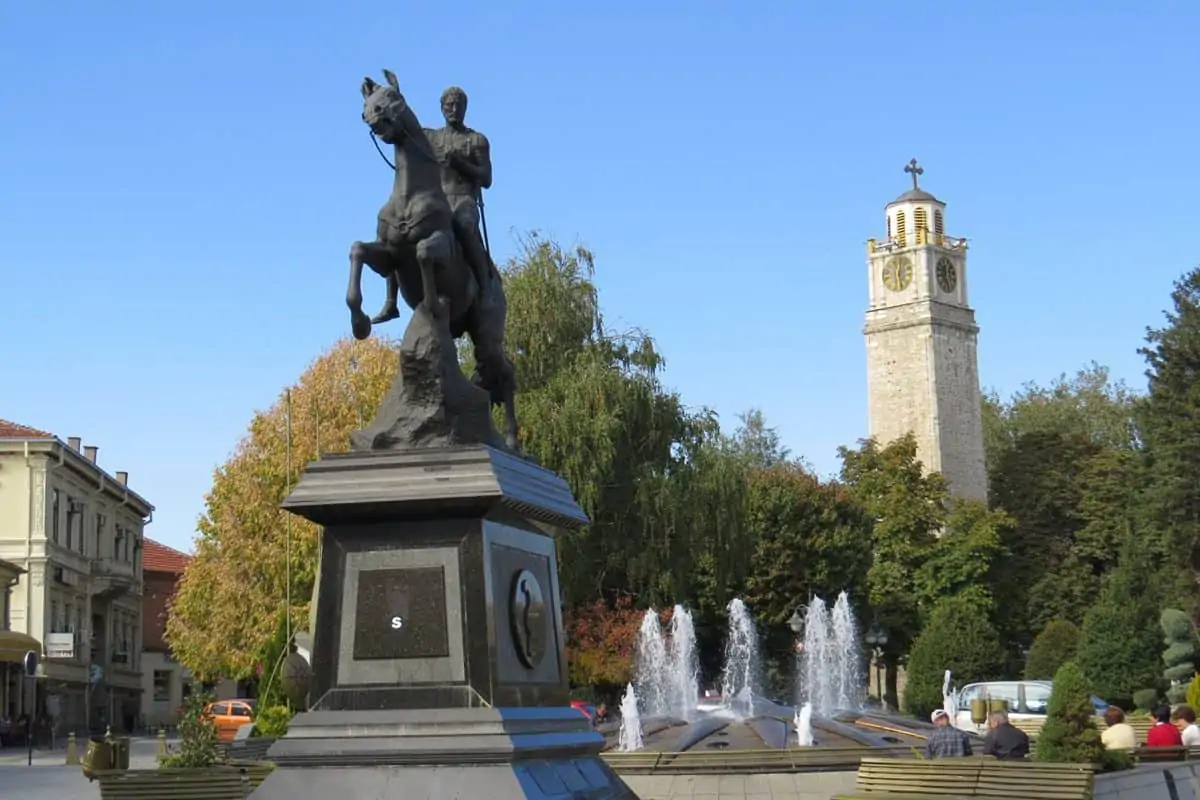
IMAGO’s General Assembly will be held during the Manaki Cinematographers Film Festival in Bitola, Macedonia, on September 13th and 14th. There, cinematographers from all around the world will gather to discuss our challenges, and make agreements on how to proceed with our challenges.
Paul René Roestad FNF
President
IMAGO
